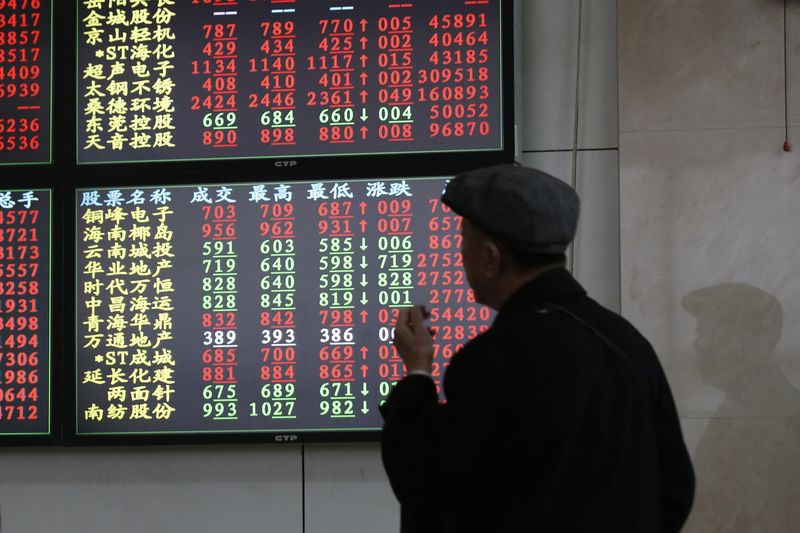Investing.com - Asian stocks rose in morning trade on Friday despite concerns that the U.S. and China may be further away from a trade agreement than traders had previously hoped.
In an interview on CNBC on Thursday, U.S. Secretary of Commerce Wilbur Ross said while he acknowledged there is a “fair chance” of a trade deal, and that he thinks both China and the U.S. are eager to end their trade war, he is concerned that the two nations remain far apart on trade.
“Trade is very complicated. There are lots and lots of issues,” he said.
Ross added that the two sides have been making progress on “easier” issues like how much of certain American products the Chinese will agree to buy, such as soybeans and liquefied natural gas.
On the other hand, contradicting Ross’s comments, White House Economic Adviser Lawrence Kudlow later said President Donald Trump is optimistic about trade talks, adding that he expected the January jobs report would be up a significant amount.
In Asia, China’s Shanghai Composite and the Shenzhen Component both traded 0.6% higher by 9:16 PM ET (02:16 GMT). Hong Kong’s Hang Seng Index jumped 1.4% as index heavyweight Tencent Holdings Ltd (HK:0700) gained more than 1% after Chinese regulators approved two of the company’s mobile games for commercial launch.
China’s State Administration of Press, Publication, Radio, Film and Television on Thursday approved 95 games in its fourth list since December, including two mobile games from Tencent Holdings Ltd and one from NetEase Inc, government data showed.
It was the first greenlight given to Tencent in almost a year, as the last time its games were approved was prior to March 2018.
The Tencent games that got approved are Wood Joints and Folding Fan, both educational games. While Tencent’s shares gained today following the news, analysts and industry insiders said it is unlikely the two games can bring much revenue to Tencent.
Elsewhere, Japan’s Nikkei 225 gained 1.1% in morning trade. Subaru Corp (T:7270) rose 1.1% even after the company said it did not pay overtime wages over a two-year period to some 3,400 employees who under-reported their hours.
South Korea’s KOSPI traded 1.0%. Down under, Australia’s S&P/ASX 200 was up 0.8%.
